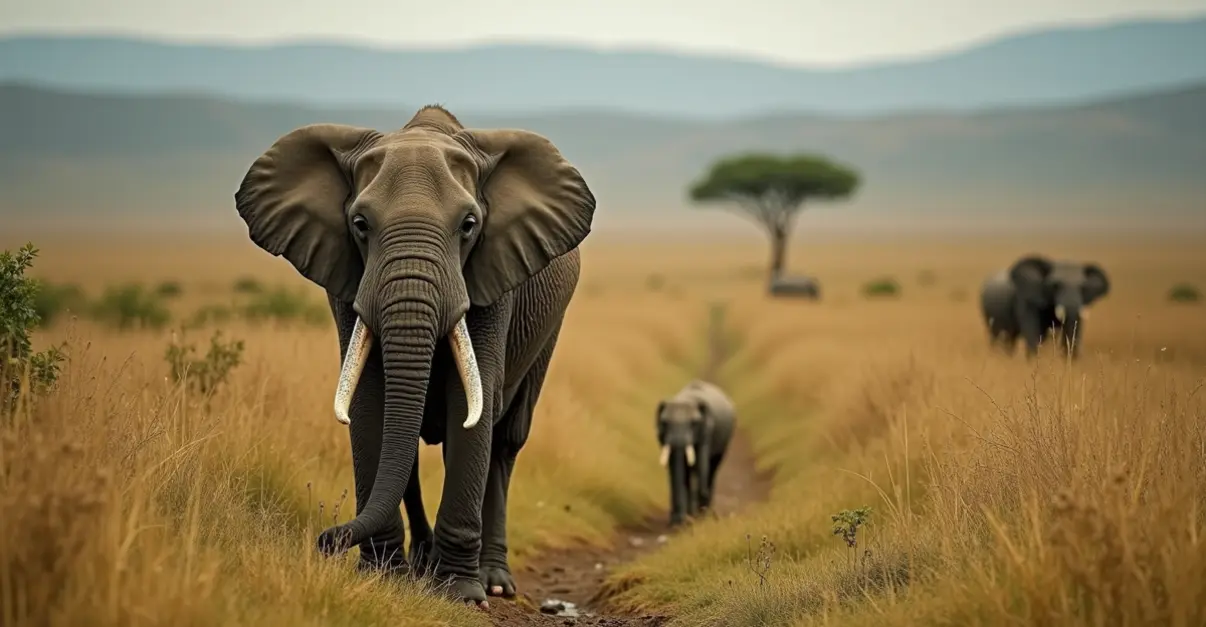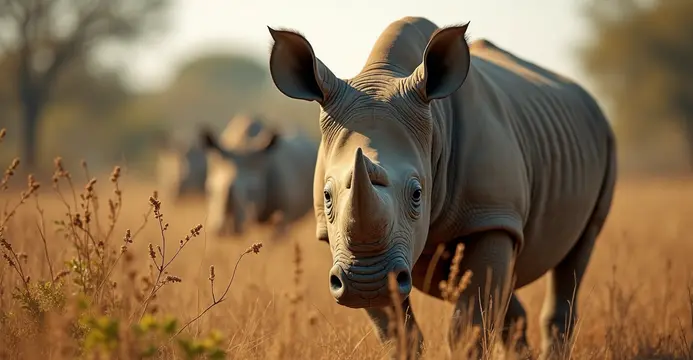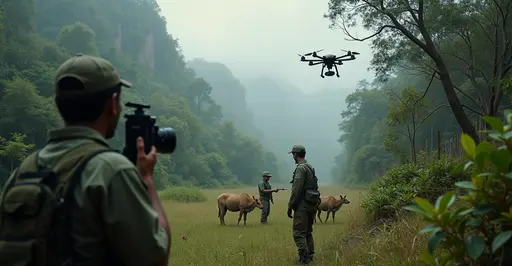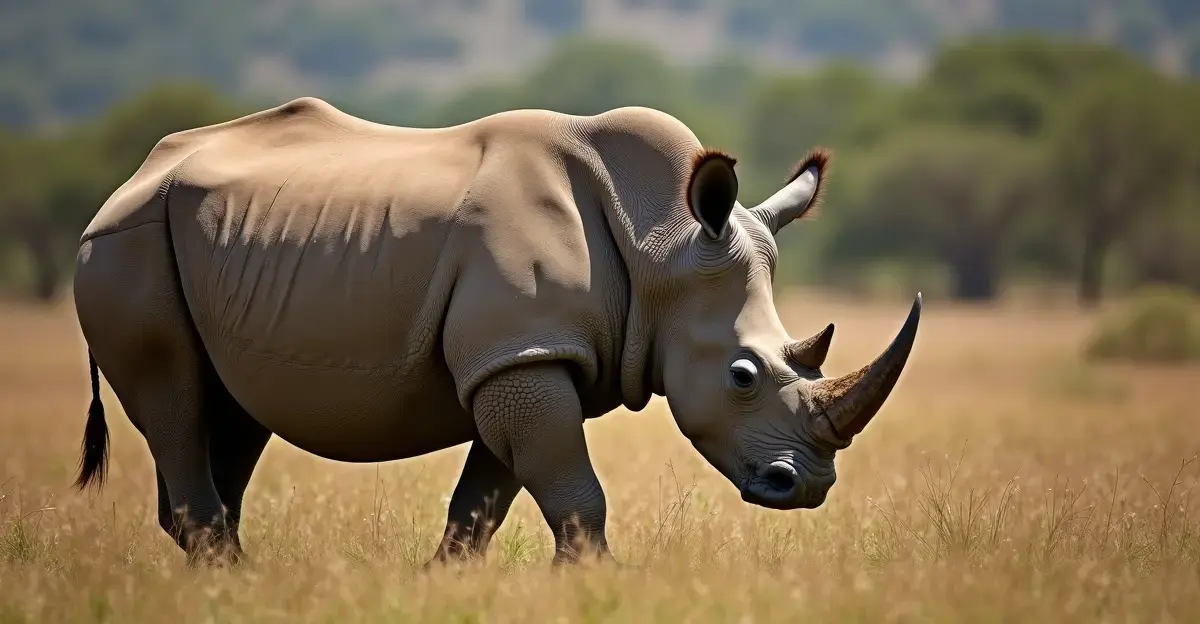Chad terminates 15-year partnership with African Parks over mismanagement, poaching resurgence, and disrespectful conduct. The decision affects three major protected areas and marks the first such termination by an African government.

Chad Ends 15-Year Conservation Partnership
The government of Chad has officially terminated its partnership with conservation organization African Parks, ending a 15-year collaboration that began in 2010. Environment Minister Hassan Bakhit Djamous announced the decision, citing 'recurring indelicate and disrespectful attitude toward the government' and significant failures in wildlife protection.
Conservation Failures and Poaching Resurgence
According to government officials, African Parks failed to adequately address a resurgence of poaching in the protected areas it managed. 'The organization has shown serious lack of investment in infrastructure and anti-poaching measures,' stated Minister Djamous. The decision affects three major protected areas: Zakouma National Park, Siniaka-Minia Park, and the UNESCO World Heritage-listed Ennedi Reserve.
Investigative journalist Olivier van Beemen, who won the Brusseprijs for his book 'Ondernemers in het wild' about African Parks, told the NOS: 'The organization has been very successful in presenting itself as a kind of saving angel for struggling nature parks, but in many cases performs far less well than they themselves claim. Their aggressive, sometimes violent approach creates a lot of resentment.'
Historical Context and Conservation Record
African Parks, co-founded by Dutch businessman Paul Fentener van Vlissingen in 2000, had been managing Zakouma National Park since 2010 and expanded to include Siniaka-Minia and Ennedi in 2017. The organization, which manages 24 parks across 13 African countries, had previously been praised for its conservation work at Zakouma, where elephant populations increased from 450 in 2010 to over 550 by 2019 according to African Parks data.
However, recent months have seen significant setbacks. In the first three months of 2025 alone, poachers killed two critically endangered black rhinos, twelve giraffes, and multiple buffaloes in Zakouma. A third rhino died due to staff errors during a tracking device placement operation.
Broader Implications for Conservation
This marks the first time an African government has terminated its partnership with African Parks. Van Beemen suggests this could have broader implications: 'It is quite possible that other African countries will follow Chad's example. For example, the Republic of Congo, where African Parks earlier this year admitted to human rights violations.'
African Parks has not responded directly to the accusations but confirmed in a public statement that it remains in discussions with the Chadian government. The organization's approach has faced increasing scrutiny across Africa, with critics questioning its 'neocolonial approach' and impact on local communities.
The termination raises important questions about the future of conservation partnerships in Africa and the balance between wildlife protection and respect for national sovereignty. As Van Beemen notes, 'Even internal sources at African Parks recognize that top management maintains a neocolonial approach. The government felt insulted.'

 Nederlands
Nederlands
 English
English
 Deutsch
Deutsch
 Français
Français
 Español
Español
 Português
Português









